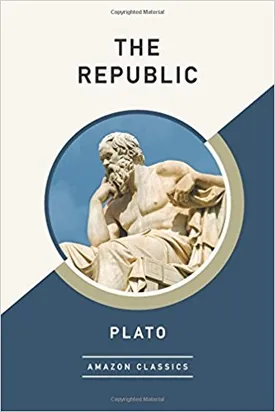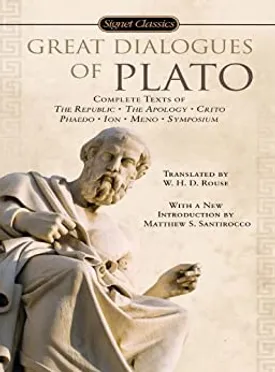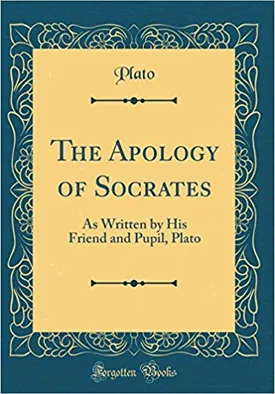Plato
Plato is one of the most well-known and highly influential ancient Greek philosophers. His works have had a lasting impact on the fields of philosophy, political theory, mathematics, and other areas of thought. He was one of the founding figures of Western philosophy, and his works have been studied and discussed for over two thousand years.
Plato was born around 428 BC in Athens, and aside from one short period of travel, he lived most of his life in his native city. Being of noble birth, he was well-educated in the liberal arts and language of the time, including music and literature. He was tutored by Socrates, who was then the preeminent philosopher of Athens. Plato eventually became disillusioned with Athenian politics and the judicial murder of Socrates, so he left the city to become a teacher and writer.
Plato is best known for his dialogues, which outline his philosophical views in the form of conversations between Socrates and various other characters. Plato's dialogues are divided into three different periods, which reflect different directions in his philosophical development.
The first period, which Plato wrote in his earliest years, contains some of his most mature and influential works, such as The Republic and the Symposium. In these works, he established the foundation of his philosophy, including his famous theory of forms – the idea that the world we perceive is just a shadow of an unseen higher reality comprising the perfect forms of all objects.
The middle period of Plato's writing is marked by a shift in focus, away from abstract philosophical discussions and more toward ethical considerations. His works such as the Euthyphro and Meno focus on moral questions and the nature of virtue. His later works, such as the Laws, further consider the implications of his ethical principles when applied to the organization of a just society.
Finally, Plato's late period of writing was primarily concerned with theology and cosmological questions. His most famous work from this period is the Timaeus, which seeks to explain the origin and structure of the universe in Platonic terms.
Plato's ideas have had a wide-reaching influence on Western thought. His theory of forms, which set the stage for generations of philosophical analysis, still remains relevant to philosophical questions today. Moreover, his ethical considerations laid the foundations for concepts such as justice and the good life, which are still debated in political theory.
Although a great deal of Plato's influence is found in areas such as philosophy and politics, it is worth noting that his works contain much more. His dialogues interweave fiction, poetry, and humor, imbuing them with a human warmth that warrants close attention. The complexity of Plato's views, and their significance to the development of early Western thought, ensure his legacy as one of the greatest thinkers of all time.



